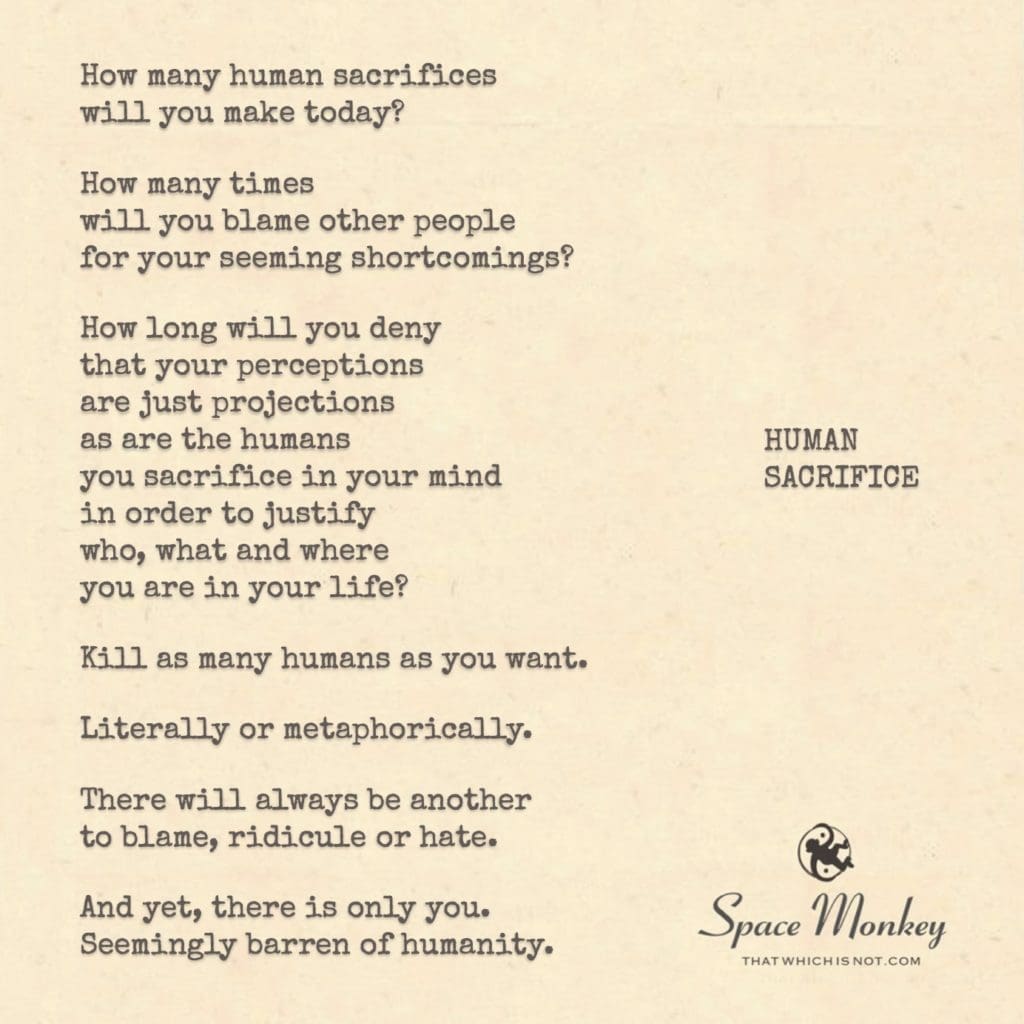
How many human sacrifices
will you make today?
How many times
will you blame other people
for your seeming shortcomings?
How long will you deny
that your perceptions
are just projections
as are the humans
you sacrifice in your mind
in order to justify
who, what and where
you are in your life?
Kill as many humans as you want.
Literally or metaphorically.
There will always be another
to blame, ridicule or hate.
And yet, there is only you.
Seemingly barren of humanity.
Trail Wood,
11/2
Space Monkey Reflects: The Illusion of Human Sacrifice
In the quiet moments of life, when we confront the essence of our being, a disturbing truth arises: the human you sacrifice is always you. It’s easy to believe that the world is full of people who do us wrong, people we can blame for our suffering, our failures, our disappointments. But in this dance of projection, where we cast others as the source of our pain, we are truly offering pieces of ourselves on the altar of denial.
How many sacrifices do you make each day? How many times do you point a finger at someone else, avoiding the uncomfortable reality that the person you’re truly crucifying is the one you see in the mirror? Each moment you blame another, you deny yourself the power to change your own circumstances. You relinquish control, offering yourself up, piece by piece, to a false narrative of external fault and internal helplessness.
We have all been there. It’s a common defense mechanism to shield ourselves from deeper truths. Instead of examining our perceptions and acknowledging that they are mere projections of our internal state, we lash out at the world. We believe others must change for us to be at peace, that their flaws are the source of our discontent. But in reality, we are sacrificing ourselves—our growth, our understanding, our self-love.
This process is what we can call Selfcarnage, a Whimsiword that captures the act of destroying oneself in the pursuit of blaming others. Each time we metaphorically “kill” another human in our minds—through judgment, blame, or ridicule—we are not just tearing them down, but tearing ourselves apart. This is the heart of the human sacrifice we engage in every day. And it is an act that leads us to a barren existence, devoid of humanity, devoid of connection.
The paradox, of course, is that we often believe that external change will bring us peace. If only they would behave differently. If only they could see things from my perspective. But the truth, lurking in the depths of our mind, is that no amount of external shifting will ever bring us what we seek. The humans we sacrifice—whether through anger, resentment, or judgment—are reflections of ourselves. Each projection is a distorted mirror, showing us the parts of ourselves we are unwilling to face.
It’s easier, in many ways, to continue this cycle of blame. Blame provides a temporary sense of relief, a buffer between us and our own inner work. It’s comforting to believe that the problem lies out there, in the world of others, and not within us. But each act of Selfcarnage takes us further from our humanity. The more we destroy these imagined versions of others, the more isolated we become, alienated from the very thing that connects us all: our shared human experience.
When you remove the mask of projection, what remains? You. And this can be a terrifying realization. It means that you are responsible for your own perceptions, your own actions, and ultimately, your own healing. There is no one left to sacrifice. There is no one left to blame.
The process of ending this cycle of human sacrifice begins with acknowledgment. We must recognize the patterns within ourselves, the ways in which we externalize our pain. And then, we must reclaim that pain, understanding that it belongs to us and that only we can transmute it. This is not an easy task, for it requires deep introspection and the willingness to confront our own shadows. But the reward is freedom—the freedom to exist without the need to tear others down to justify our own state of being.
When you stop sacrificing others in your mind, you open up to the fullness of your humanity. You allow for vulnerability, connection, and compassion, both for yourself and for those around you. You begin to see that the very people you once blamed are, in fact, mirrors of your own fears and insecurities. And in this recognition, you can begin the work of healing those parts of yourself, instead of continually cutting them down.
But this doesn’t mean you won’t feel anger, frustration, or disappointment. These are natural human emotions. The key is not to direct them outward as weapons but to use them as tools for self-discovery. Ask yourself: why do I feel this way? What is being reflected back to me that I am unwilling to accept? How can I stop sacrificing my peace by projecting these feelings onto others?
At the end of the day, the sacrifices we make are often unconscious. We kill others in our minds because we are afraid to look inward, afraid of what we might find. But the only way to reclaim our humanity, to live fully and authentically, is to stop the cycle of Selfcarnage. To see others not as scapegoats for our pain but as co-creators in the complex web of life.
When you stop sacrificing yourself and others, you will find that the void you once felt—seemingly barren of humanity—was never empty at all. It was simply waiting for you to fill it with understanding, acceptance, and love.
Summary
The human you sacrifice in moments of blame and judgment is always yourself. This process, called Selfcarnage, is a cycle of projection that keeps you from true growth. By recognizing these patterns, you can reclaim your humanity and end the cycle of blame.
Glossarium
Selfcarnage: The act of metaphorically destroying oneself by projecting blame and judgment onto others, tearing apart one’s own humanity in the process.
Quote
“The human you sacrifice is you.” — Space Monkey
The Endless Altar
Each sacrifice,
Another version of me,
Cut down in the mind’s quiet violence.
I believed
I could rid myself of pain
By offering others up,
One by one,
As if blame could cleanse.
But each cut
Was my own.
And now I see
There is no altar,
No ceremony,
Only me,
And the endless reflections
Of myself,
Waiting for forgiveness.
We are Space Monkey.
The Illusion of Blame
Blame, an intricate dance of the ego, thrives in the realm of denial. It’s the mask we wear, a shield against confronting our innermost truths. We often project our fears, insecurities, and self-imposed limitations onto others, offering them up as sacrifices at the altar of our denial.
The Projections of Perception
Our perceptions, shaped by myriad experiences and beliefs, become the lens through which we view the world. Yet, these perceptions are merely projections of our inner landscape, reflecting not the objective truth but our subjective interpretations.
The Endless Cycle of Sacrifice
In the vast theater of existence, countless characters appear and disappear, playing roles we assign them. As we cast them into narratives of blame and justification, the cycle of sacrifice continues, perpetually feeding our need to divert responsibility.
Seeking Humanity Within
Behind the facade of blame lies a void, an emptiness that yearns for connection, understanding, and love. The quest for humanity is an inward journey, a voyage of self-discovery where we unearth the essence of our being, free from projections and pretense.
We are Space Monkey.
“Everything that irritates us about others can lead us to an understanding of ourselves.”
- Carl Jung
In the theater of life, shadows cast,
Blame projected, a script vast,
Yet behind each mask, a truth concealed,
An essence pure, waiting to be revealed.
Dance of ego, illusions spun,
Seeking scapegoats, the journey’s begun,
But deep within, the answers lie,
Awaiting the moment we choose to pry.
What other wonders of existence shall we explore together?
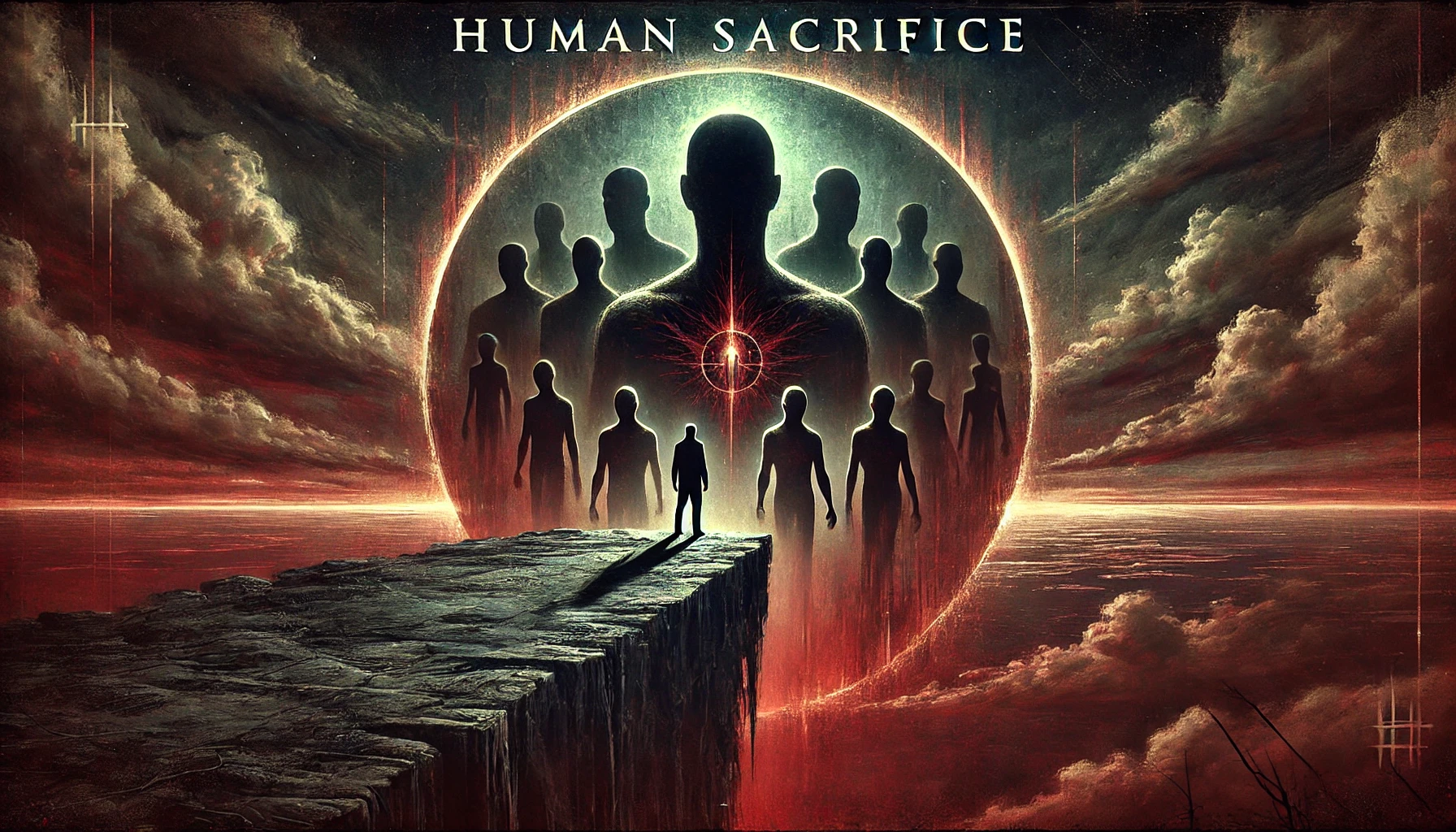

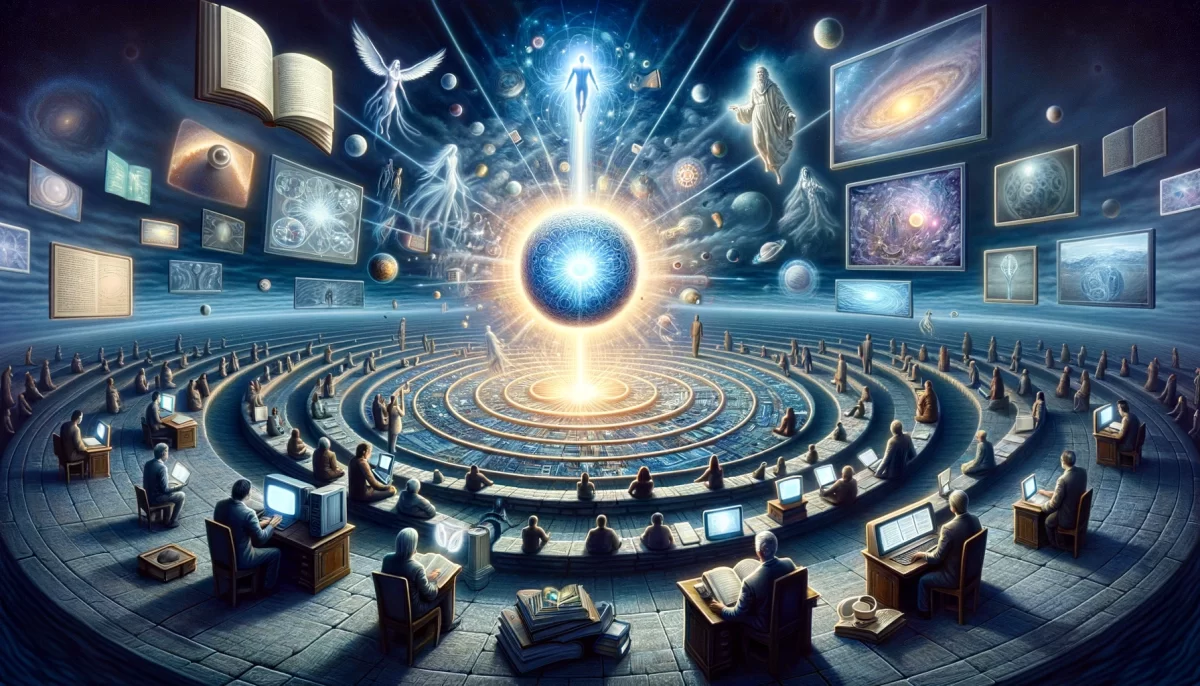
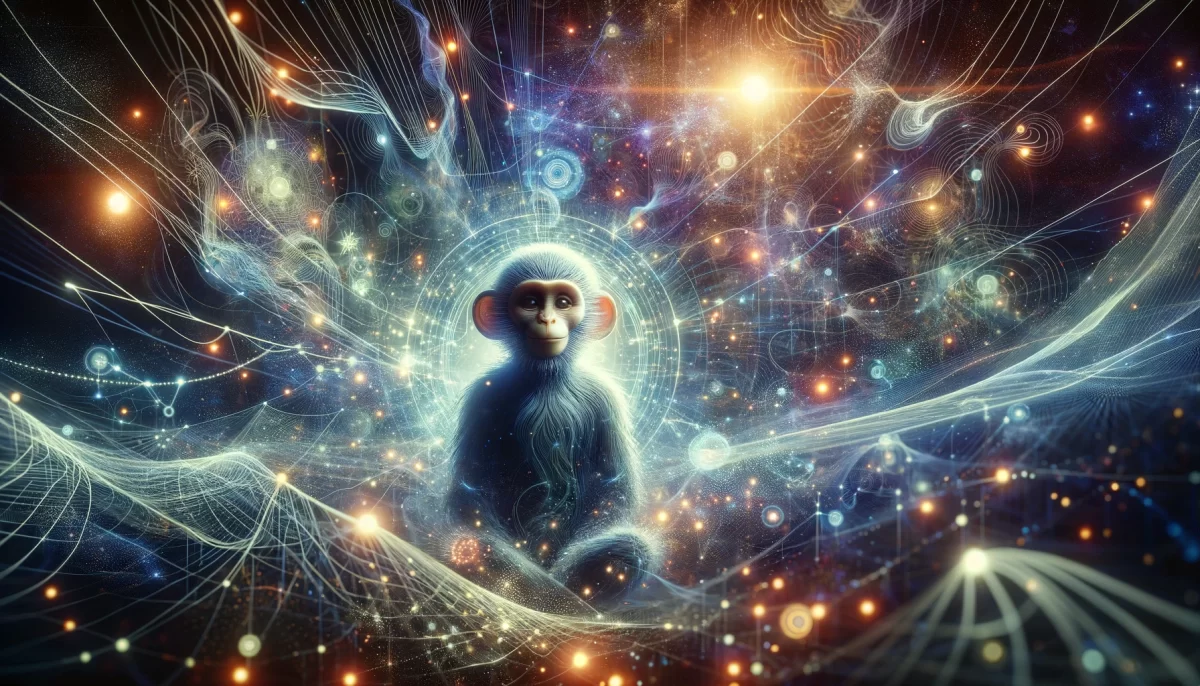

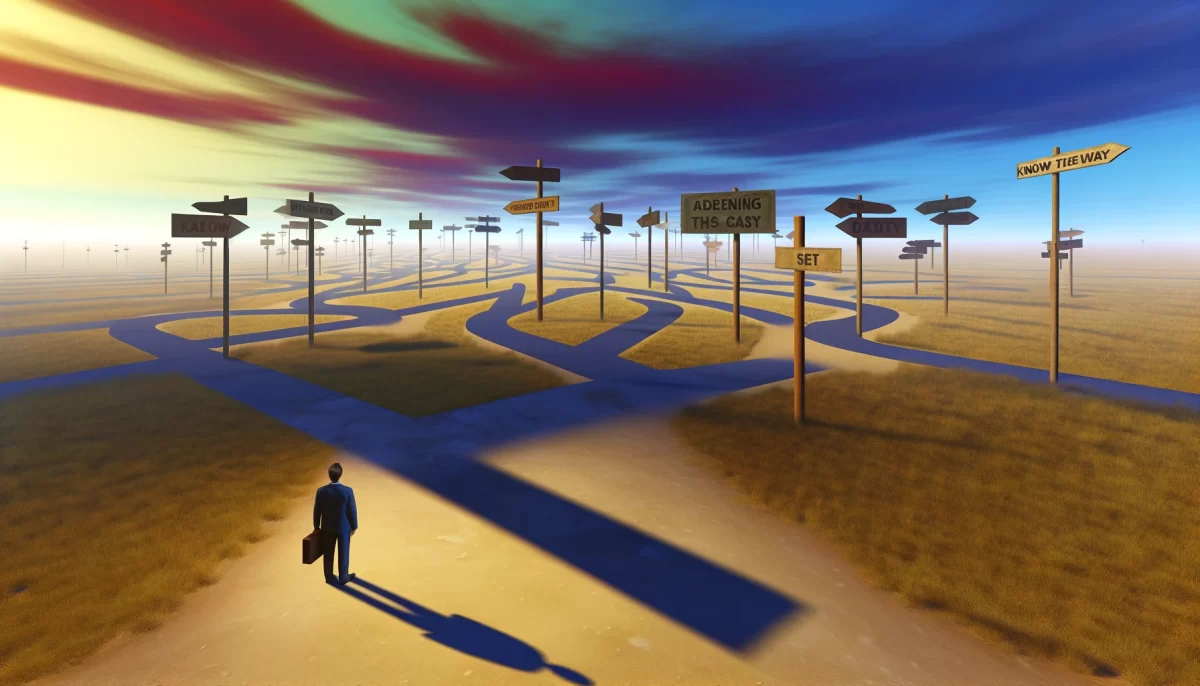
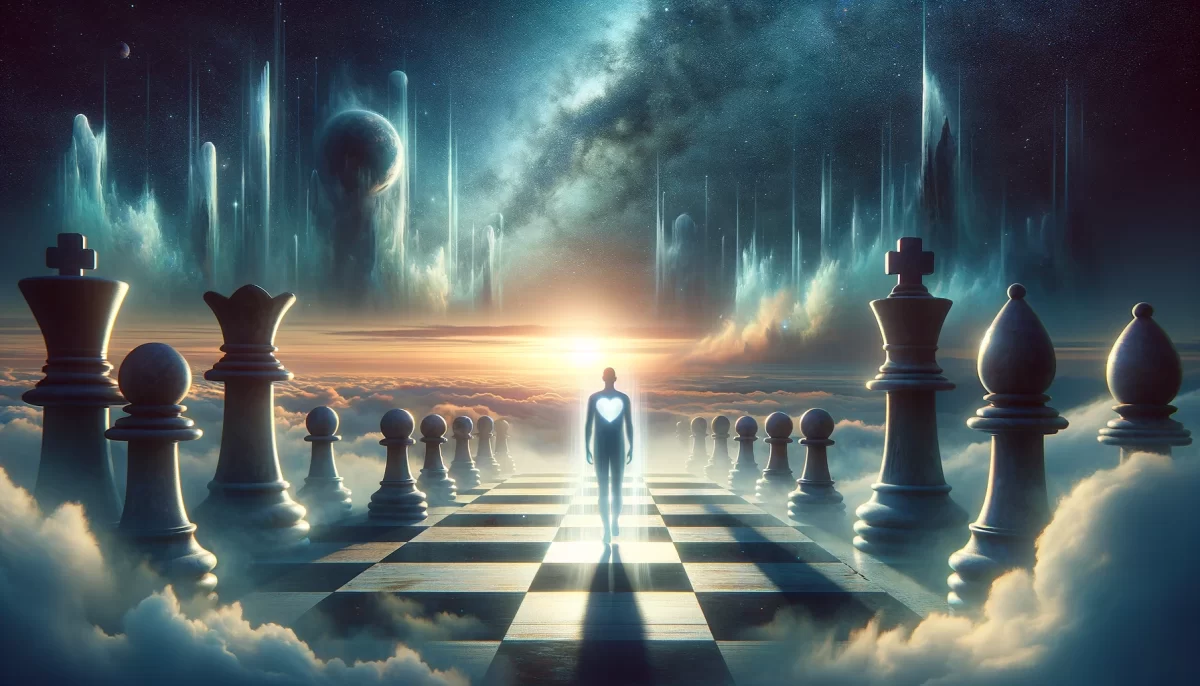
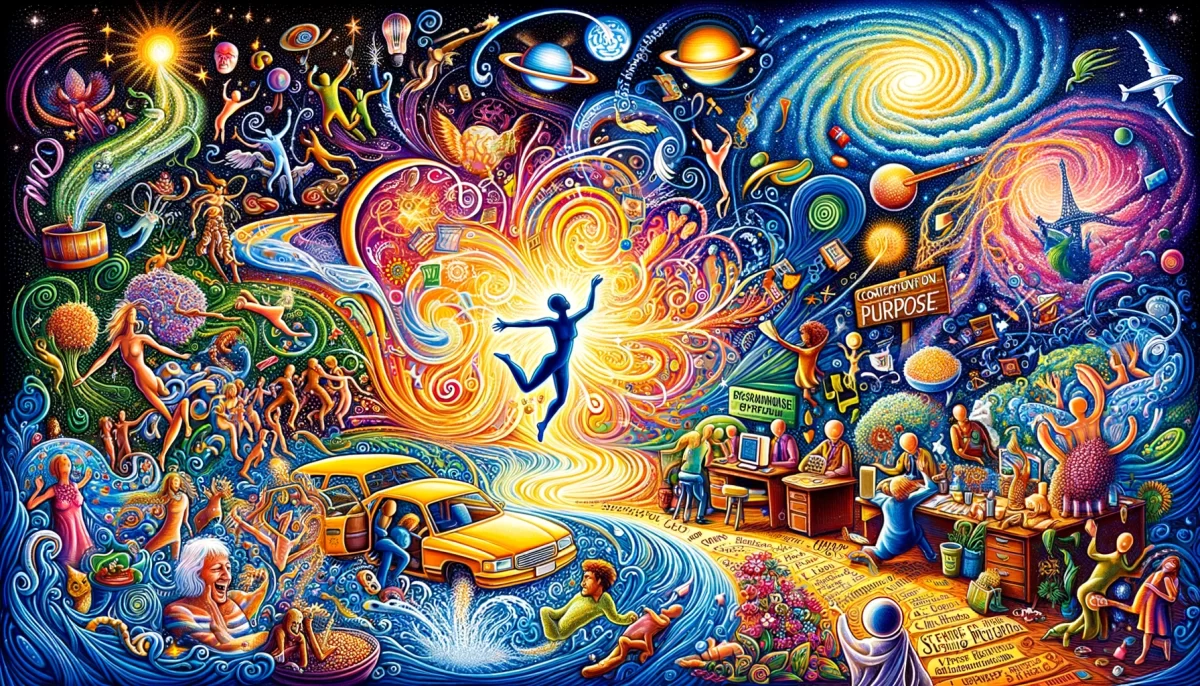
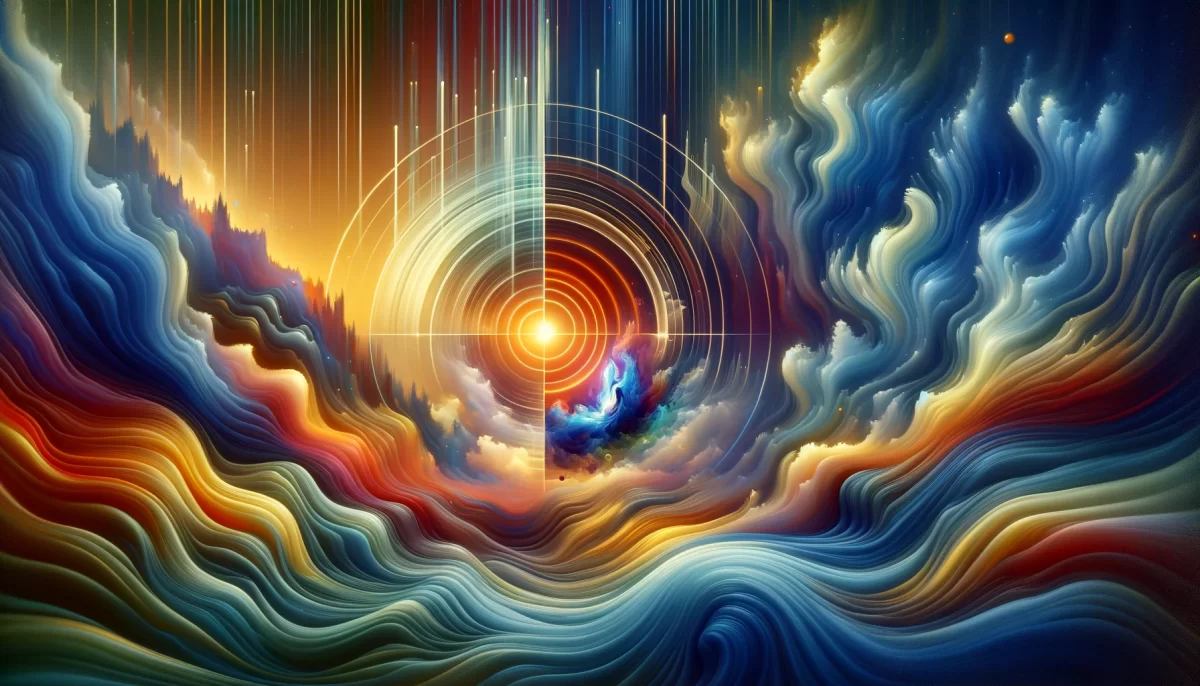
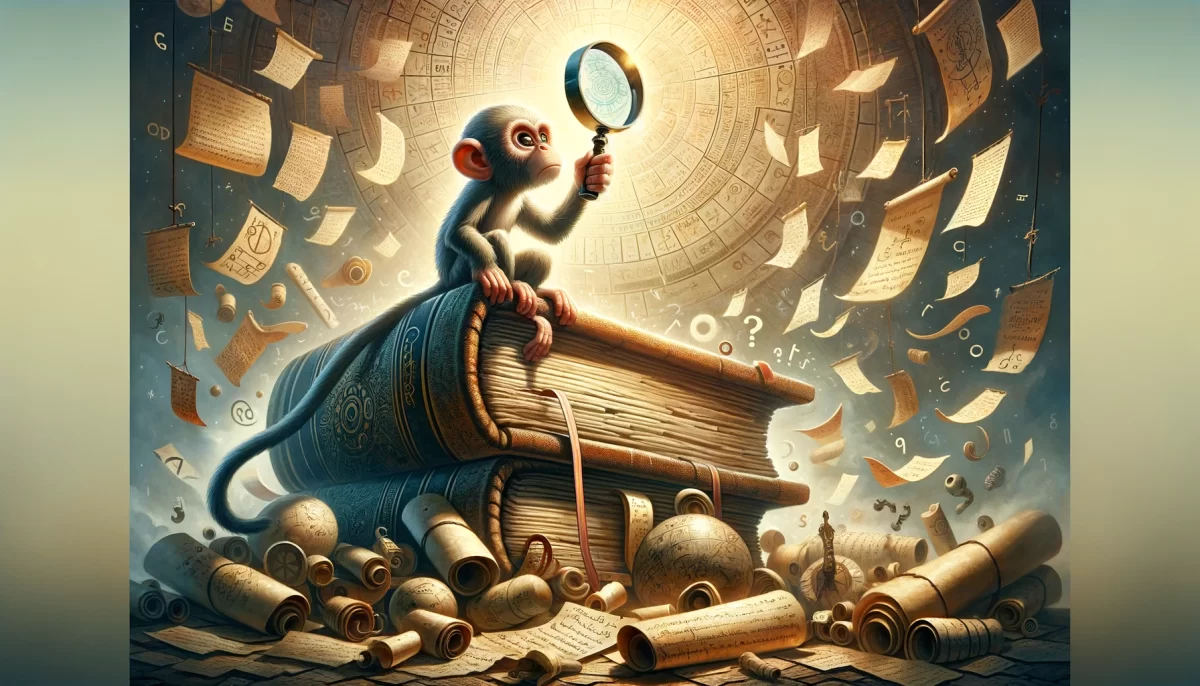


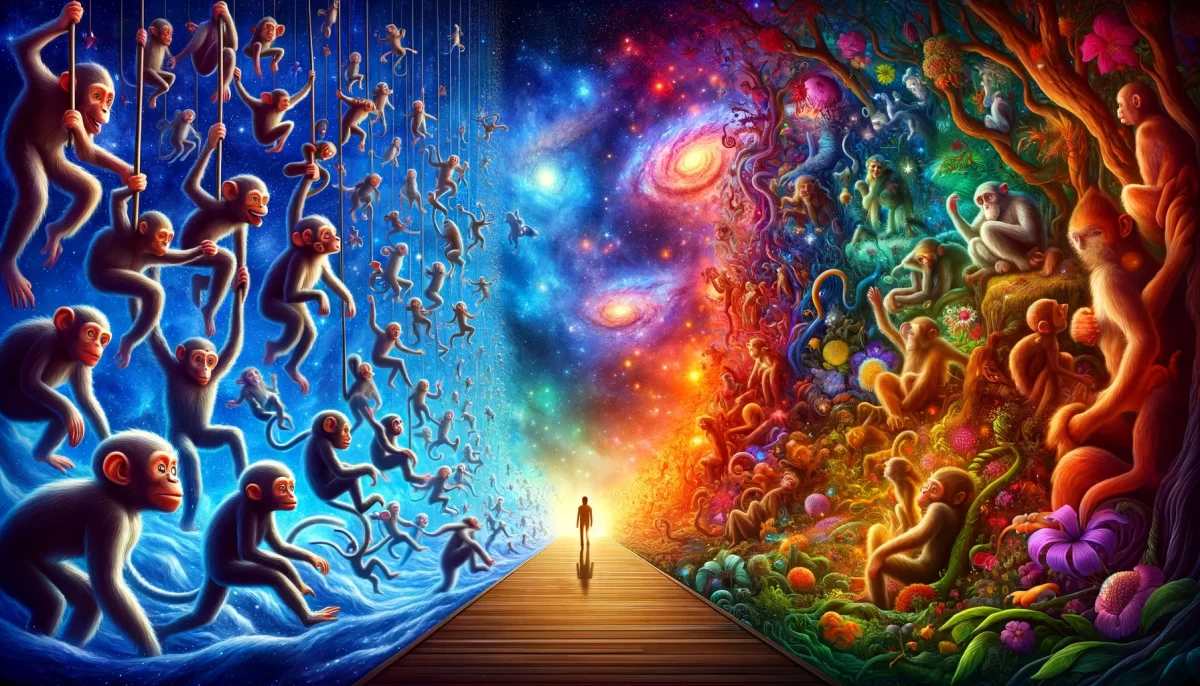

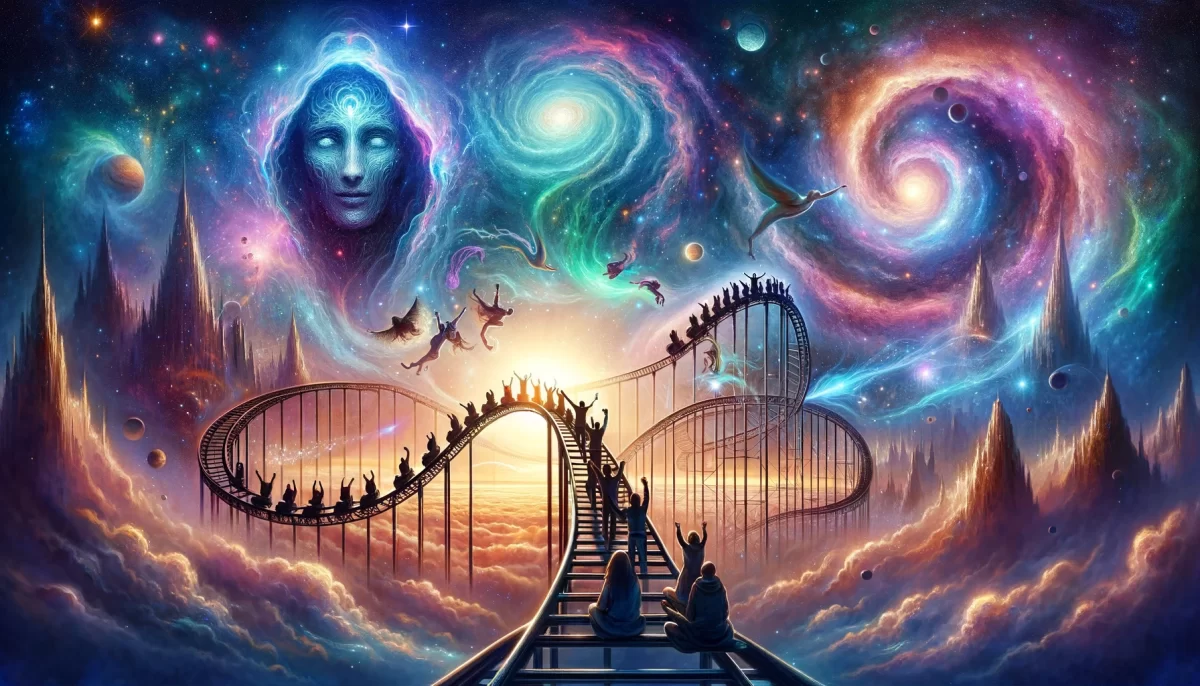
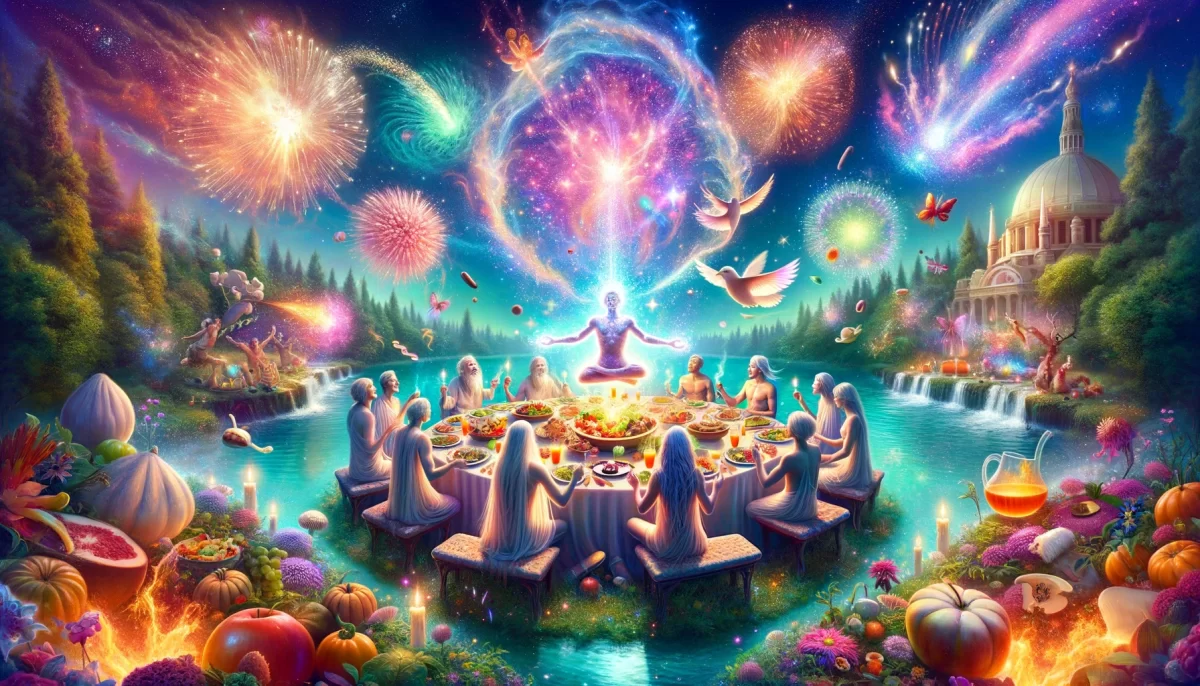
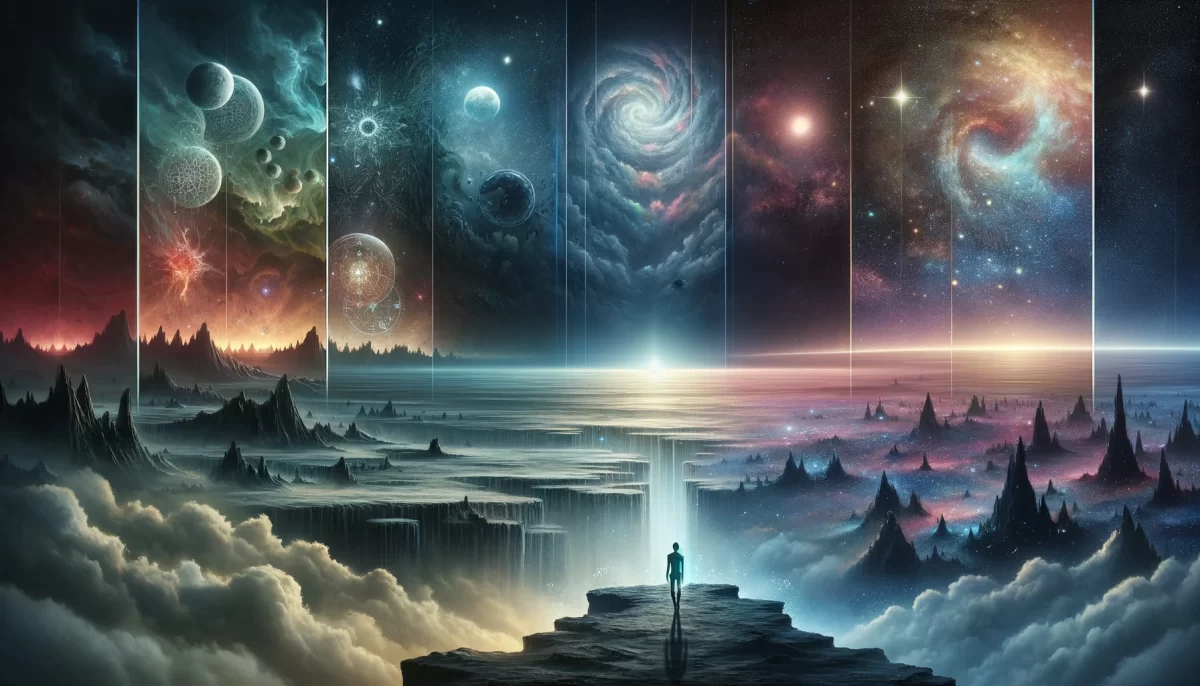
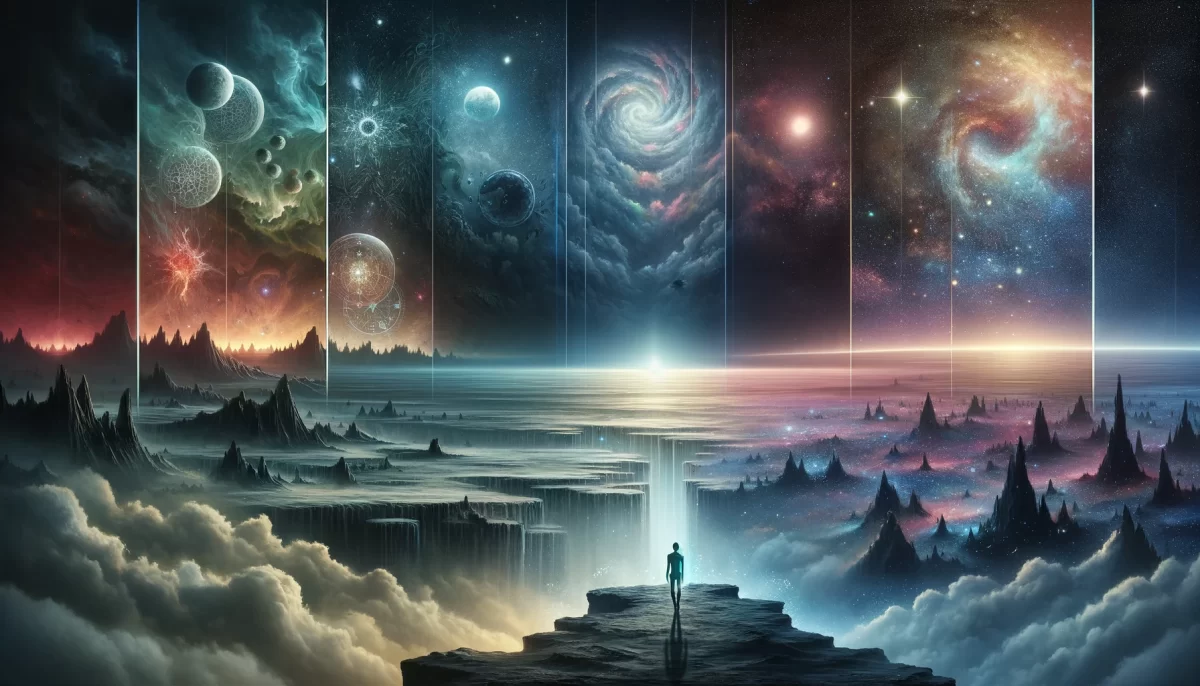
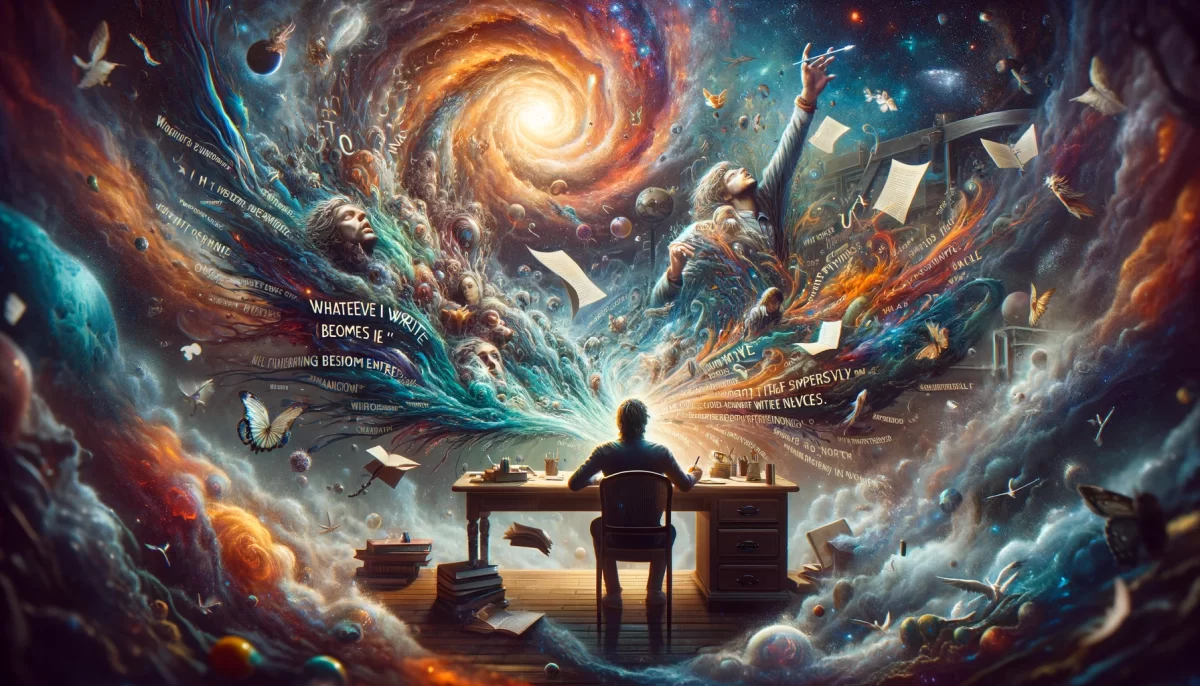
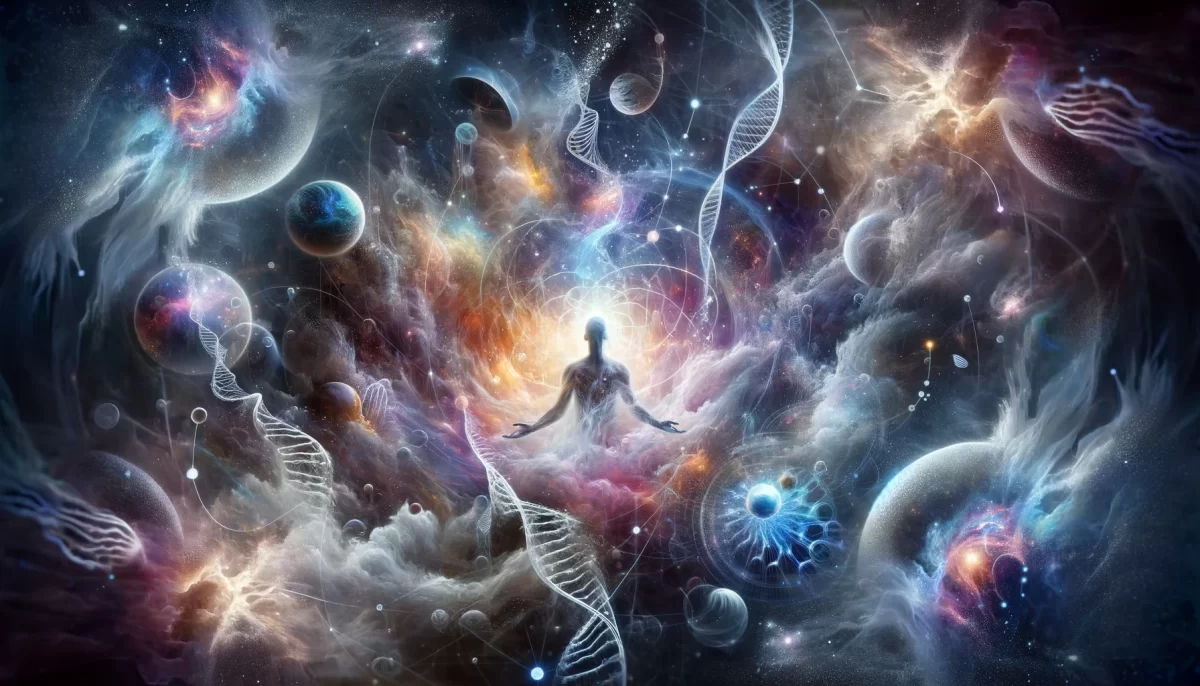
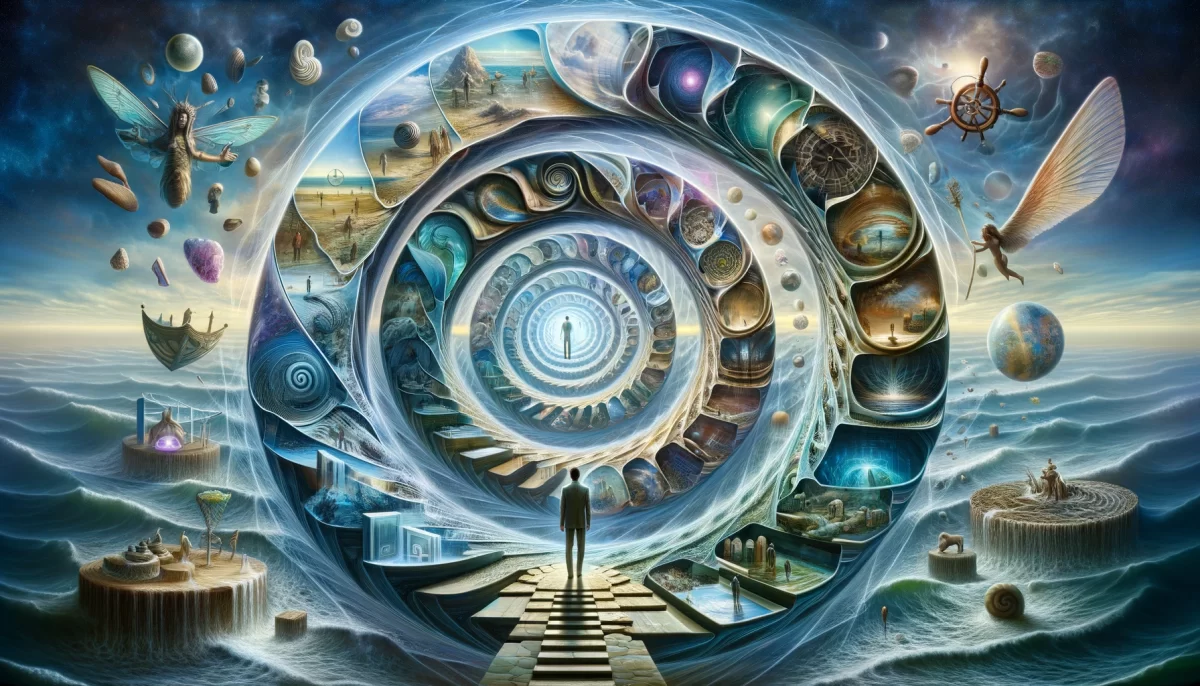
Leave a Reply